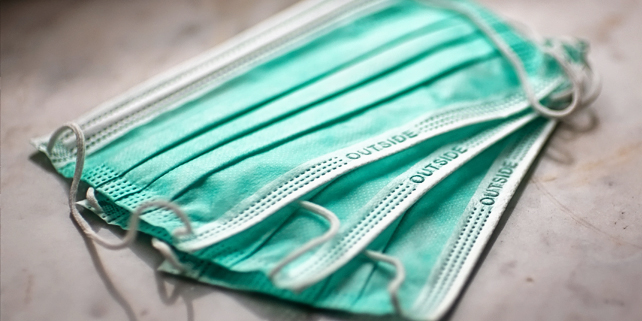Facing a drug shortage against the novel coronavirus, Israel has begun importing generic drugs that infringe on the branded drug Kaletra, an antiviral therapy developed to treat HIV.
While Kaletra patents have expired in many countries, they do not expire in Israel until 2024. The patent owner, AbbVie, Inc., thus would normally have the exclusive right to prevent the manufacture, sale, or importation of generics into Israel that infringe on Kaletra’s formula.
Israel’s attorney general, however, has invoked an obscure 1967 law that allows the government to approve and import generic versions of a branded drug even if it’s still patent-protected. Because AbbVie can’t provide “the necessary inventory” to meet the skyrocketing demand for antiviral drugs in the time of COVID-19, the Israeli Justice Ministry argues it is justified in overruling the patent law in this specific case.
Critics, however, say the drug doesn’t actually work against COVID-19, pointing out that it was developed to treat HIV, a different virus. They also point to a New England Journal of Medicine study, which found that the use of Kaletra in China was ineffective against coronavirus.
Despite this, the Israeli Ministry of Health essentially said it would rather be safe than sorry, and promptly granted the preliminary permit to import the generics. In a nod to the patent owner, however, the Ministry said it will only allow the generics to be given to people with COVID-19. HIV patients, for whom Kaletra was developed, will still be limited to the branded version.





